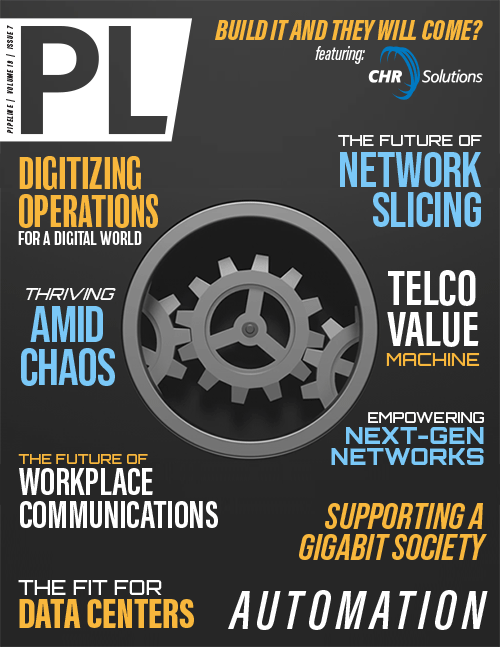Telco: A Value Machine for Modern Times
Dynamic pricing
Though pricing models in earlier times didn’t change frequently in most industries—and were sometimes even based on tariffs or schemes that required extensive and time-consuming approval
processes—modern commerce increasingly must account for rapidly changing conditions to apply responsive price changes. To achieve real-time dynamic pricing, the BSS must be able to ingest
rapidly changing attributes from multiple sources and apply them instantly. Small changes in pricing can have a ripple effect on product catalogs, offer systems, care systems, and billing. A
coordinated and thoughtful approach is needed to introduce modern dynamic commerce solutions designed to manage this pace of change.
Just as cloud-based infrastructure enables elastic cost structures for modern commerce, dynamic pricing solutions address elastic value creation through optimization of
prices best suited to changing market conditions.
Extensible and efficient
First-generation systems for automating value exchanges were largely custom built, tailored to each individual business’s needs. This stilted growth and impeded progress as each “change request” introduced new costs and time-to-market delays. The value machine of the future is highly adaptable with configuration rules, not programmable instructions. As data is emerging as a key differentiator, it is also the primary driver of assigning value. The value machine must ingest data, assess data for decision-making, and turn it into value. To do this, it must have well-defined open application programming interfaces (APIs) to enable the introduction of new systems and data streams from different vendors. When architected correctly, costs are kept low and predictable, despite an ever-changing environment. And the business remains agile to ensure that, as with the choice of cloud providers, no vendor holds the business hostage with its support systems.
The simple truth is that the billing system as we know it has evolved very little in the past 25 years. Where and how it is implemented has changed, but its fundamental set of capabilities has remained static, built for industries that have yet to develop differentiated products and segmented markets. As noted earlier, today’s billing applications were built with an emphasis on the mechanics of mass transfers of goods and services, rather than aiding with the difficult challenge of assigning a fair value to these exchanges based on customers’ perceived value and changing market conditions.
In short, the billing system is well overdue for a replacement that is optimized to automate the exchange of value in a more sophisticated supply chain.
Conclusion
The focus of business support systems in place today remains largely on handling processes that are antiquated and inadequate to assigning value rapidly and accurately as business conditions change. In Darwinian fashion, these businesses will fail to keep up with those that incorporate change into the DNA of the company.
What this generation requires is a value machine. The value machine assigns value in a fair, equitable, secure, and auditable manner. It enables predictable revenue streams, with adaptable models that rapidly accommodate change. The value machine is entirely cloud-based and does not lock anyone into a particular cloud or set of tools. It is also inherently low cost, as its own cost detracts from the value exchanged, and yet it provides inherent value itself by facilitating the optimization of value exchanges.
These innovations empower companies to innovate and thrive in our connected world. And with them, business will never be the same.



















